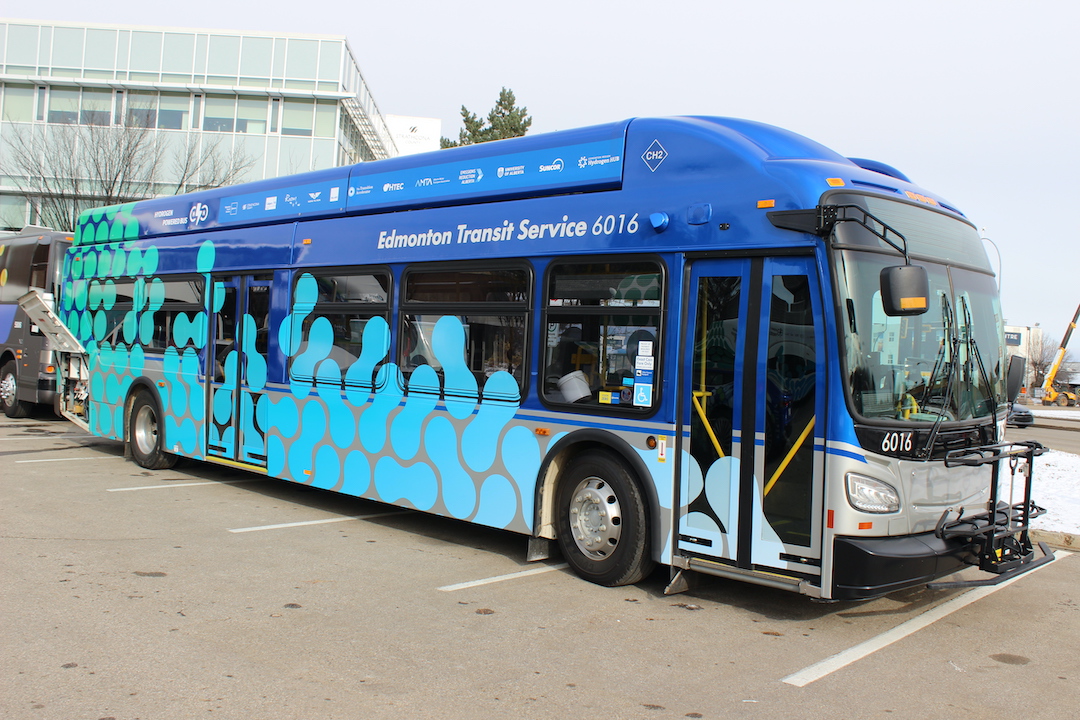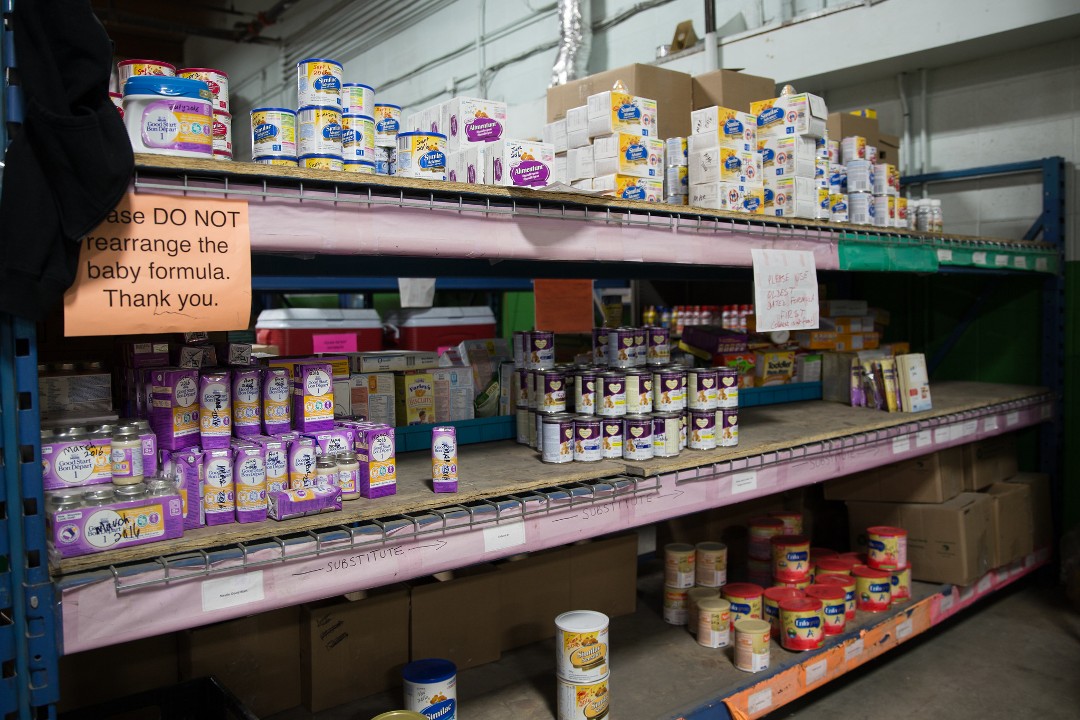
Hydrogen bus pilot finds hiccups and fixes
The players behind a pilot of hydrogen buses in Edmonton and Strathcona County have used sandbags to replicate passengers and consulted with experts to expose and resolve any future challenges that the low-carbon technology has.
Edmonton Transit Service and Strathcona County Transit are collaborating on the 42-month pilot program, which includes one hydrogen fuel-cell bus for each fleet. The buses entered fare service on Oct. 25 and both municipalities have already observed issues.
"We expected to find that this wasn't going to go perfectly right from the get-go," Derek Hanson, director of transit fleet maintenance for the City of Edmonton, told Taproot. "Being in Edmonton and having that cold snap in October was actually quite beneficial to us because we did get some learnings from that."
Those learnings have included how outages at the refuelling service at a Suncor (a pilot partner) facility in Sherwood Park can affect the service. On one occasion, four out of 60 hydrogen valves experienced "minor" leaks due to freezing.
Neither Edmonton nor Strathcona County own a hydrogen refuelling station, yet, but Edmonton's request for proposals from April for one is currently under review, Hanson said. "We're agnostic in terms of how it gets to us," Hanson said, noting the city is seeking a vendor that will take care of production, delivery, ownership, and maintenance. "We just want to use the fuel."
Other learnings have been about safety, such as finding a knick in the casing for a high-voltage wire. "There was no impact to the actual wiring on the bus, but we wanted to take extra precaution and care around that, and do a full investigation," Hanson said.
At this stage in the hydrogen game, caution is crucial. Hanson said that though the pilot has gleaned information about hydrogen safety from different regulatory bodies, there's nothing definitive in Canada. "Those standards do not yet exist, from a (Canadian Standards Association) perspective on the hydrogen side," Hanson said. "But they're in development, and a number of us are actually on a CSA advisory panel that are informing those codes and standards. I expect those to be in place in the very near future, if not in 2024."
Representatives from Edmonton and Strathcona County Transit said that aside from expected teething challenges, the pilot buses are working well. Testing data indicate they can handle the cold and have a similar range to diesel buses (and perhaps better than the troubled electric bus fleet in Edmonton).
"When we were doing testing we shadowed, or ghosted, a diesel bus in service to get some range, and we had sandbags in (the hydrogen bus) to mimic passenger loads," Wade Coombs, director of transit for Strathcona County, said. "All the data to date has been showing that it is very comparable to a diesel bus in the distance you can drive in the day."
Coombs noted Edmonton was in the news because of challenges with its electric buses, specifically with range and cold weather abilities. "Hydrogen, I think, addresses that, and is the closest we're ever going to get to a one-to-one comparison to diesel."



